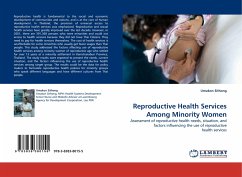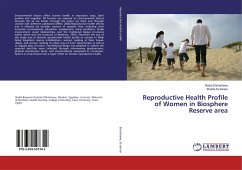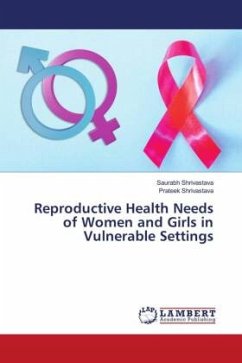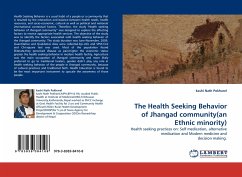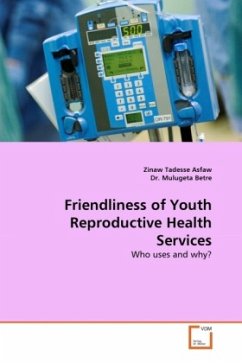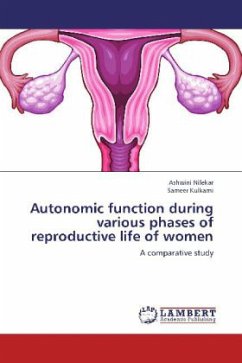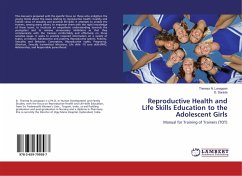Reproductive health is fundamental to the social and economic development of communities and nations, and is at the core of human development. In Thailand, the provision of universal access to reproductive health services was emphasized. Reproductive and sexual health services have greatly improved over the last decade. However, in 2001, there are 391,368 persons who were minorities and could not access to health services because they did not have Thai Citizens. They need to pay for health services themselves. The cost of health services is unaffordable for some minorities who usually get fewer wages than Thai people. This study addressed the factors affecting use of reproductive health services among minority women of reproductive age who settled for over 13 years at a minority settlement in Karnchanaburi Province, Thailand. The study results were expected to present the needs, current situation, and the factors influencing the use of reproductive health services among target group. The results could be the data for policy makers to formulate reproductive health policies for minority groups who speak different languages and have different cultures from Thai people.
Bitte wählen Sie Ihr Anliegen aus.
Rechnungen
Retourenschein anfordern
Bestellstatus
Storno

